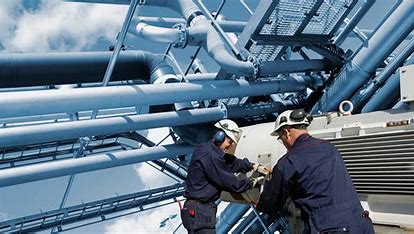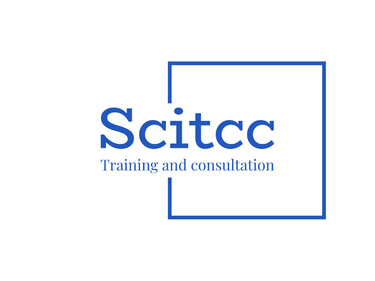
Fundamentals of Process Engineering in the Oil and Gas Sector
A comprehensive introduction to understanding the design, operation, and optimization of processes in the oil and gas industry.
$5500.00
Course Title:
Basics of Process Engineering in the Oil and Gas Sector
Subtitle:
A comprehensive introduction to understanding the design, operation, and optimization of processes in the oil and gas industry.
Introduction:
Process engineering is one of the fundamental pillars in the oil and gas industry, as it directly contributes to the design, operation, and improvement of various production units. This course aims to provide participants with a deep understanding of process engineering concepts, with a focus on challenges and solutions in the real work environment within the oil and gas sector. By integrating theoretical aspects and practical applications, this course is an essential step for any engineer or specialist looking to enhance their competencies in this vital field.
Course Objectives:
By the end of this course, the participant will be able to:
Understanding the basic concepts of process engineering and its importance in the oil and gas industry.
Interpreting engineering drawings such as PFD and P&ID.
Familiarization with basic process equipment such as pumps, heat exchangers, and columns.
Analyzing operational data to make correct technical decisions.
Understanding the principles of safety and the environment related to operating processes.
Application of improvement and process control principles.
Target Audience:
The new engineers in the oil and gas sector.
Graduates of chemical, mechanical, and petroleum engineering.
Technicians and operators of the operations units.
Safety and quality specialists seeking a broader understanding of process engineering.
Training course topics (5 days):
Day One: Introduction to Process Engineering
Definition and concept of process engineering
The life cycle of operations in the industry
Components of oil facilities (Upstream, Midstream, Downstream)
The interaction between engineering, operations, and maintenance
Day Two: Basic Operations Equipment
Heat exchangers
Pumps and compressors
Columns (distillation, absorption)
Valves and gauges
Day Three: Engineering Drawings and Design
Reading and understanding the PFD (Process Flow Diagram)
Reading and understanding P&ID (Piping and Instrumentation Diagram)
The concept of pipelines and flow paths
Day Four: Operating and Improving Processes
Process Control Basics
Operational problem analysis
Improvement methods (such as Six Sigma, Kaizen)
Case study
Day Five: Safety, Environment, and Risk Management
Safety systems in operations
Risk assessment (HAZOP, HAZID)
Environmental impacts of operations
Sustainability in operations
Learning and Training Method:
Interactive lectures with real-world examples from the sector.
Group workshops for analyzing engineering drawings.
Case studies from real oil projects.
Short tests to measure understanding.
Open discussions to exchange experiences among participants.


